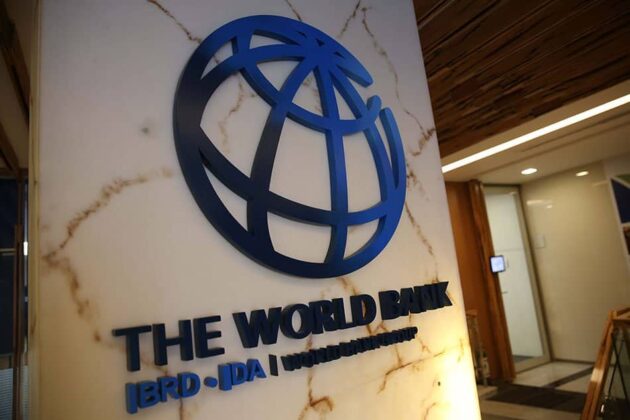Kenya emerges as Africa’s new stablecoin hotspot: Yellow Card Report
NAIROBI, Kenya, Aug 19 – Kenya is emerging as one of Africa’s fastest-growing markets for stablecoins, according to a new report by Yellow Card.
The report attributes the surge to inflationary pressures, currency volatility, and the country’s strong mobile money infrastructure.
“The country’s strong mobile money ecosystem, especially M-Pesa, allows for seamless stablecoin integration,” said Peter Mwangi, Yellow Card’s Country Manager for Kenya.
“A tech-savvy youth population is also turning to stablecoins for cheaper remittances and protection against currency swings, making them practical financial tools.”
The study, which tracked adoption across emerging markets, notes that Kenya is part of a broader wave of stablecoin growth in sub-Saharan Africa, alongside Nigeria, South Africa, Ghana, Zambia, Ethiopia, and Uganda. Stablecoins accounted for 43 percent of total crypto transaction volumes in the region in 2024.
Nigeria remains Africa’s largest market, recording nearly $22 billion in stablecoin transactions between July 2023 and June 2024. South Africa, meanwhile, has seen 50 percent month-on-month growth since October 2023, with stablecoins displacing bitcoin as its most widely used cryptocurrency.
In East Africa, adoption is moving beyond hype into daily utility.
Globally, the stablecoin market has expanded from $5 billion in early 2020 to $230 billion by May 2025, despite setbacks such as the collapse of Terra’s UST in 2022. Transaction values have hit $15.6 trillion this year—more than Visa and Mastercard combined.
Across Yellow Card’s platform, stablecoins now account for 99 percent of transactions, with Tether (USDT) dominating at 88.5 percent, followed by USD Coin (USDC) at 9.9 percent.
Kenya’s crypto sector is also benefiting from regulatory shifts. The Finance Act, 2025 repealed the three percent Digital Asset Tax and replaced it with a 10 percent excise duty on fees charged by virtual asset providers, effective July 2025.
In addition, Parliament has tabled the Virtual Asset Service Providers Bill, 2025, which seeks to license and supervise VASPs under the Central Bank of Kenya and the Capital Markets Authority, with explicit anti-money laundering and counter-terrorist financing (AML/CFT) obligations.
Visited 27 times, 27 visit(s) today








